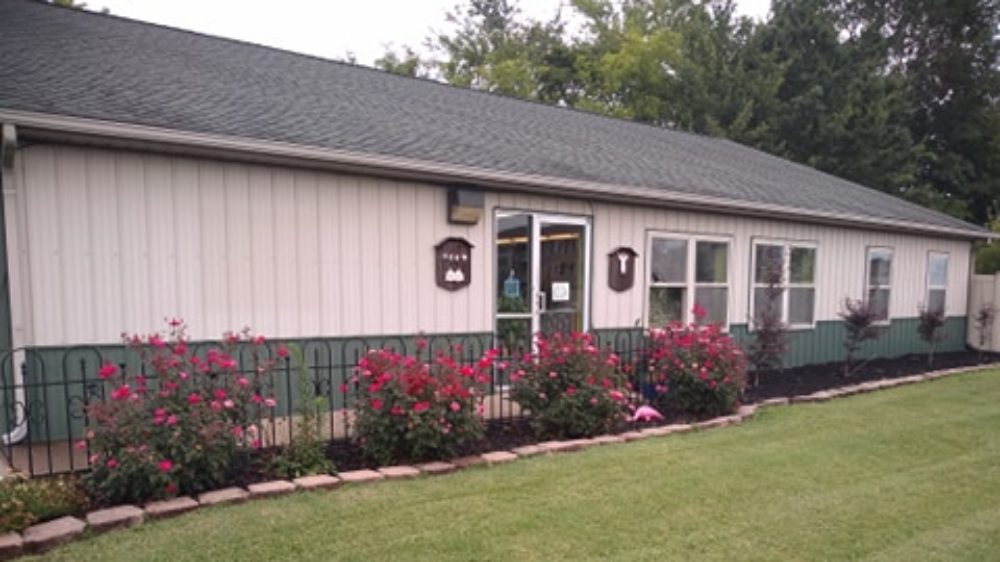Discipline is a wonderful thing…because it produces the power to do just about anything successfully. Discipline is learning to put the selfish self second. Discipline is learned. There is, like anything else in life, a time to learn it. That time is in early childhood. Early childhood begins at conception and ends about age eight. The lessons begin when a child first hears the word “NO.” And that “NO” is shocking! “What do you mean I’m not God!”
There are plenty of early childhood experts who say, “Never say ‘no’ to a child.” And for those poor kids in the care of the never say nos, the lesson will eventually and brutally come, and at such an enormous expense, that it will be earth shattering. Children who spend their very young years pretending that they are invincible and limitless will get a rude awakening in a public school, a church setting sans parents, and in any public when they are asked to leave because their behavior, of which “no” plays no part, is so horrendous, nobody wants them around.
Many children come from an only child status in homes to the more populated environment when they go to school and get a first awakening when they have is that there are many voices clamoring for the same attention that they receive without waiting in line at home. It’s startling for some children. There are lines, waits, turns to take, things to share…how well a child will do will depend on how often they have been disciplined at home to wait, to share, to take turns in the course of normal living even in smaller households.
Problems arise when parents fear making a child temporarily or momentarily unhappy with a disciplinary “no.” Parents who fear the word “NO,” and who refuse to say no to their beloved godess or young god, have children who learn to smile on continuing behaviors that could be destructive or harmful. A child has what I’ve always called the mini age of reason ability. He or she knows that what they are doing and getting away with is wrong, and some children delight in that, and they like it so much that they become experts in avoiding discipline; they avoid being told “NO” by ignoring it, crying at its abrupt sound, or even throwing a tantrum when an adult says, “NO.”
This lack of parental care begins as early as under a year, and could stay with a child right up to public school and even beyond. I have known children who have had to be put into the special education room for psychotic behavior because their early start was so permissive, they couldn’t cope with a world with limits. Talk about unhappy children!
Saying “No” to a child is a gift, a blessed gift of parent to beloved child. It’s the fairest of the fair in matters of love and affection, because it keeps a child on a positive social road, a happy road. The discipline of being told “No” does not break a spirit; it’s not meant to. No is meant to instruct…it guides, it makes right what is not right at the loving hand of a parent who truly cares.
Constructive discipline begins when parents first tell a baby that he or she cannot put a nail file found on the carpet in an electrical outlet. When parents tell a child he or she cannot throw food onto the floor either at home or in a restaurant, or cannot have their lights on at night, or must not throw a tantrum in public, parents are doing what they are naturally charged with: being the parents! “No, you may not have the treat…your behavior does not warrant a treat!”
It’s the Christmas Season, and there are plenty of things that children will want to touch, to eat, to play with and do, and here is where an adult in charge can teach. “We look with our eyes not our hands.” It’s an initial disciplinary statement. It’s not punitive. Instruction should be positive most of the time, and it is when it comes before a problem rather than after it. And then you explain why we don’t touch. With this approach, parents are befriending the child on a much more mature level…they are sharing…they are creating a closeness…an understanding bond.
When parents don’t initiate the direction that “We look with our eyes and not our hands,” the child is free to act without knowledge, without direction, and then must be reprimanded if his knowledge or understanding falls short of the public demand. The parent, in public, is always the child’s teacher…his VERY interested teacher, and the teaching words come before the child can make a mistake.
The job of “NO” belongs by right to parents because they are in charge of their children. It’s part of the job of turning unformed people into formed people, and that doesn’t happen if children are never told that some things are not permitted. And remember, if there are no “NOs” then the word “Yes” is greatly diminished!
Parenting is not easy. Formation of a person who will live for all eternity is no laughing matter to be done when nobody is looking…It’s a full time job and one that comes with little rest and less satisfaction unless parents do a favor for the whole family…instruct with care…and learn the word “NO” and share it with their children.
